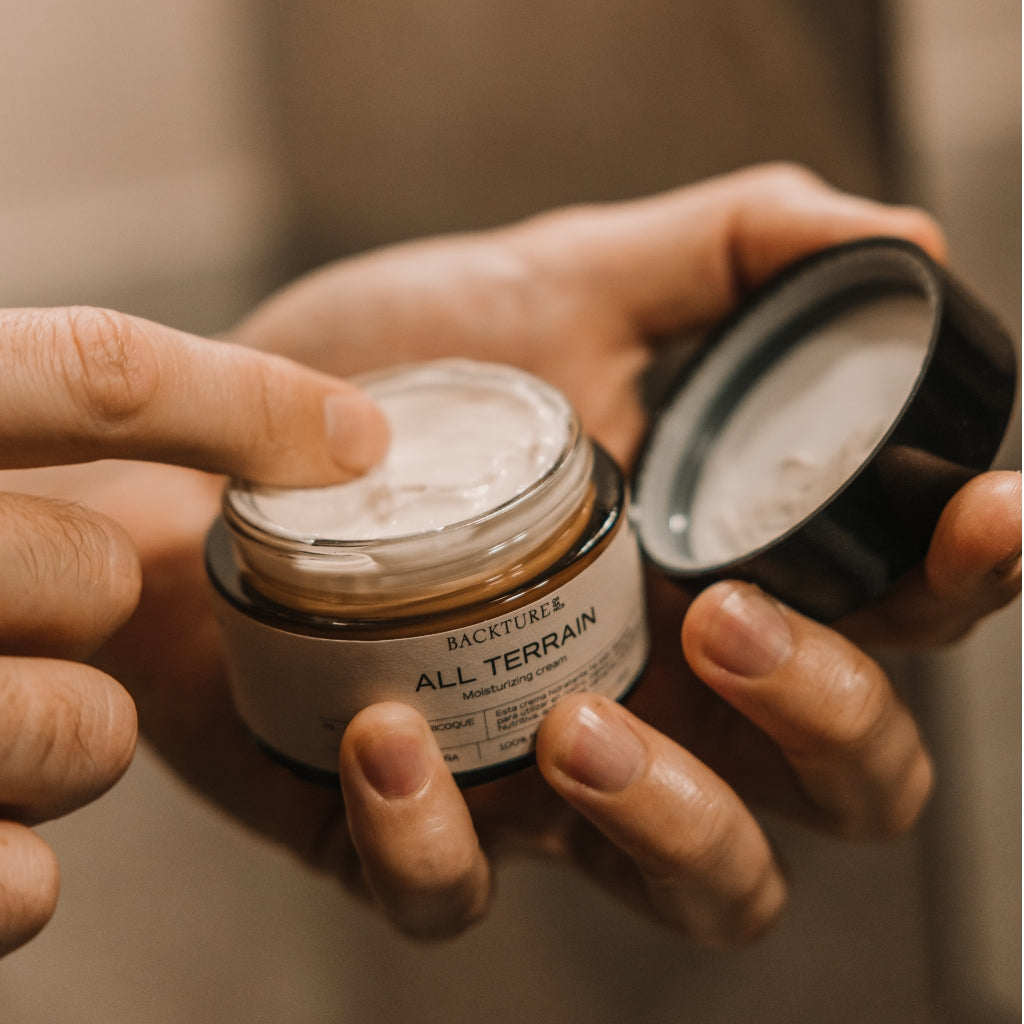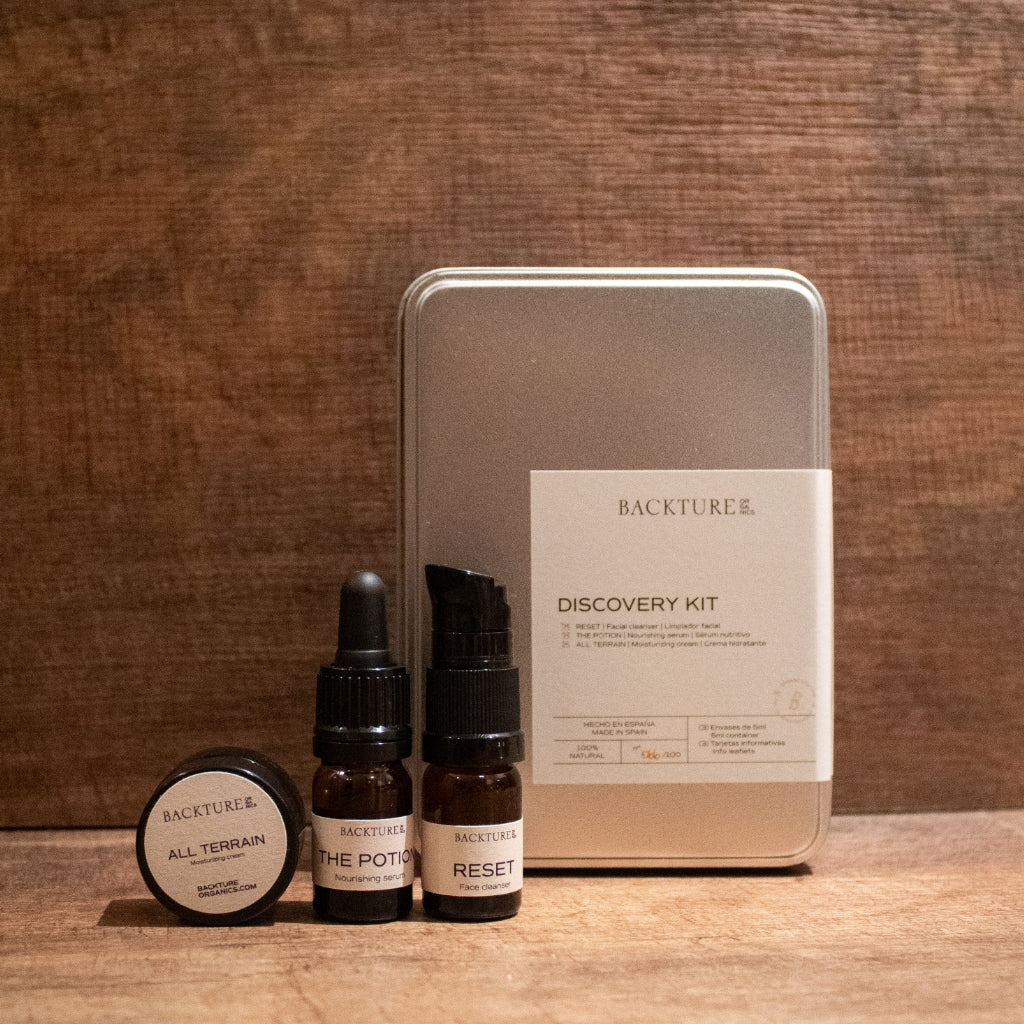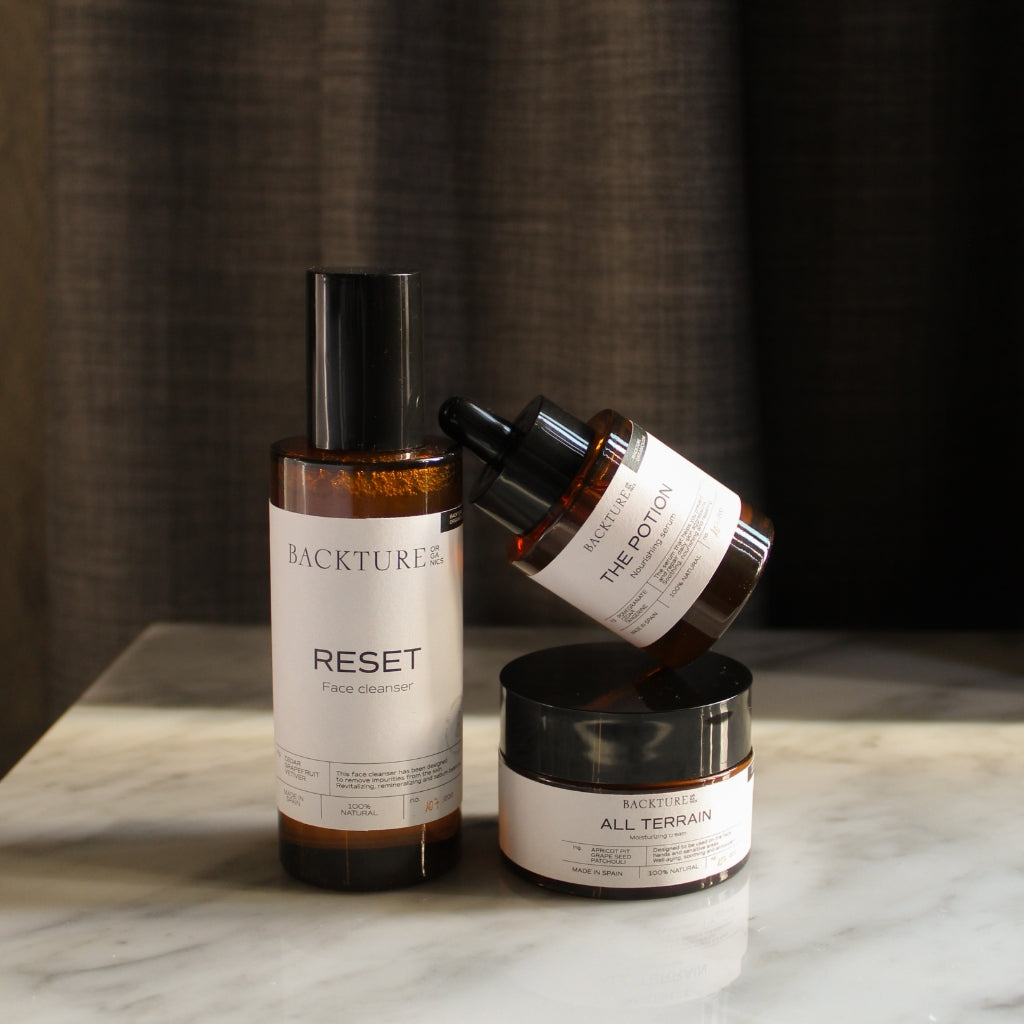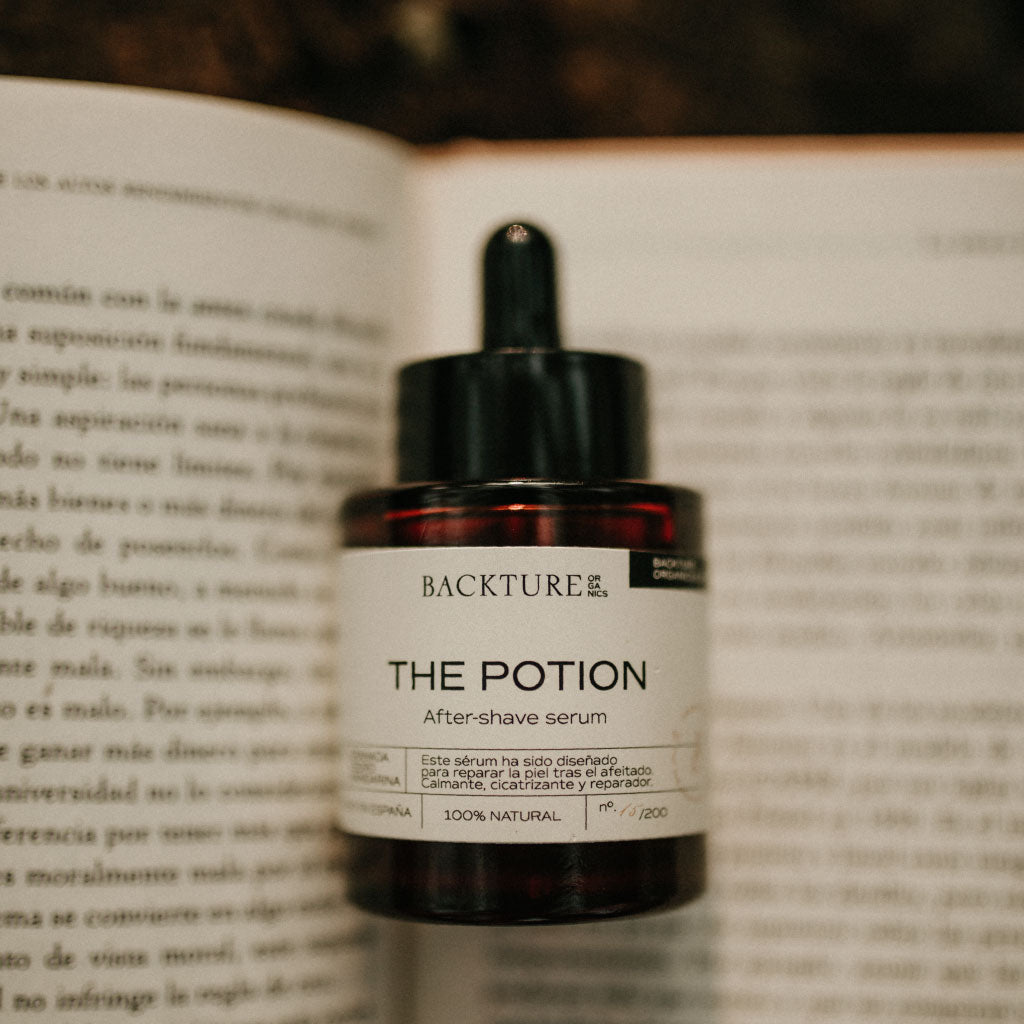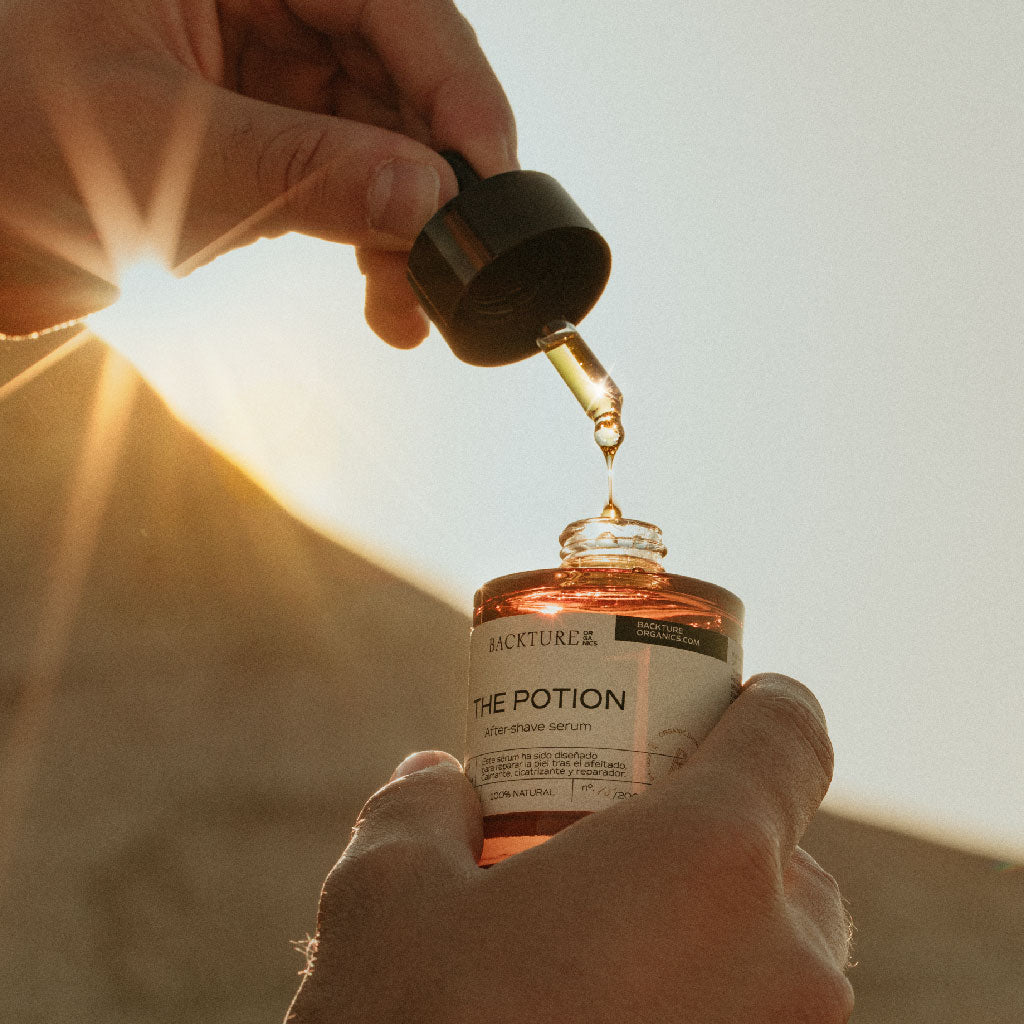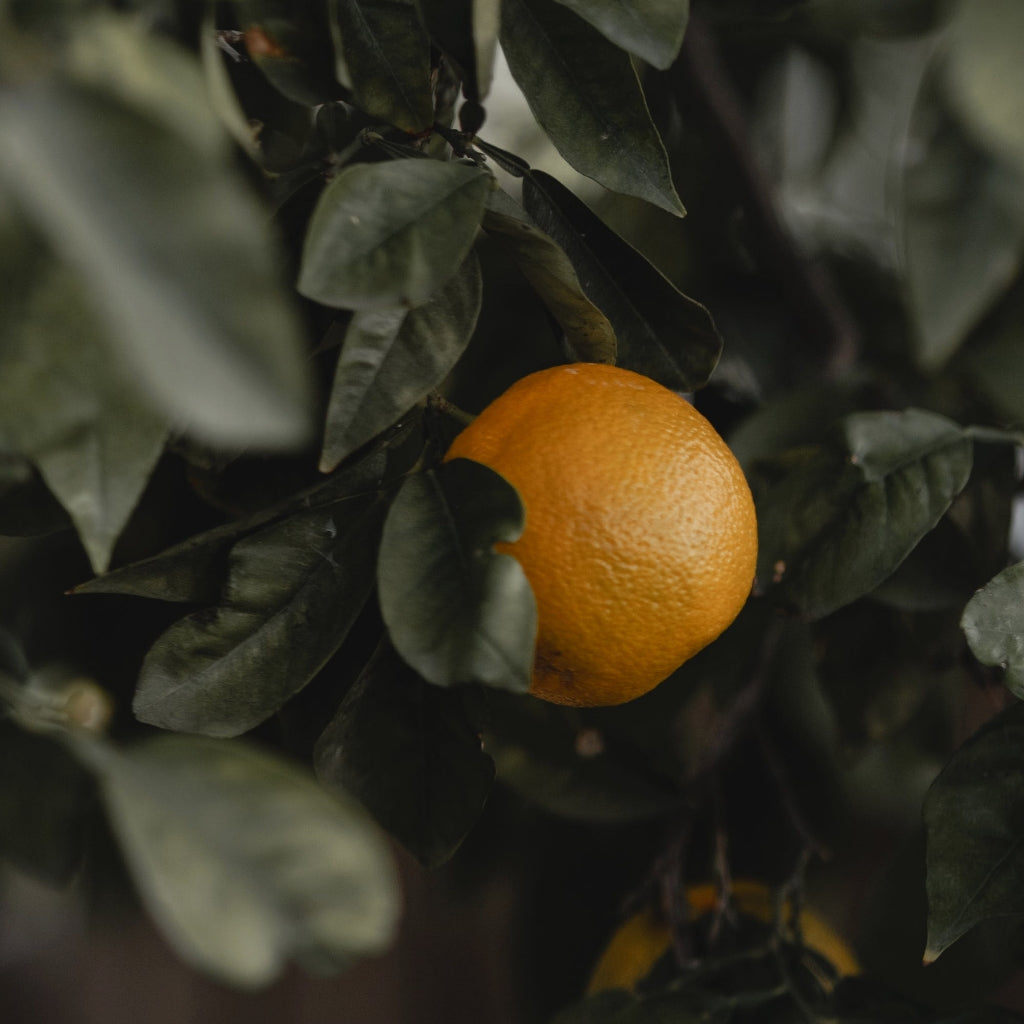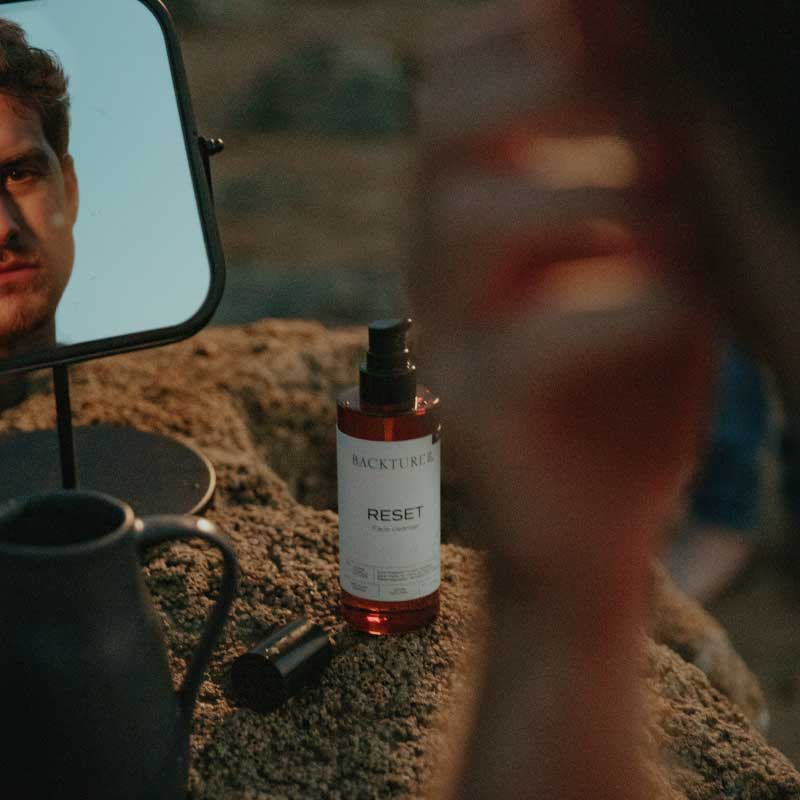The mountain has much more in common with life than you think. I usually say that one day there is equivalent to two in the city, at least. Even an orange or a sandwich tastes different.
Completely.
This is what Juanjo Albizu defends in his book «Monterapia. "Uphill you live better."
We can not agree more.
It's not coincidence, but science
Spending time at the heights of the peaks helps reduce neuronal activity related to mental illness and there are already studies that prove it.
We put you in context. A research article from Stanford University shows that people who walk 90 minutes in the mountains have a lower level of rumination and repetitive thoughts than those who walk the same time in the city.
Come on, it's easier to cut our obsessive loops and anxiety in the bush.

Too bad (and now comes the ugly part) that we can't say the same about its effects on your skin.
Have you noticed that after the ski season or several days in the mountains you get a couple of new wrinkles on your forehead and you get older?
Oh, friend, it turns out that everything good that the mountain has for your mind, it has bad for your skin.
3 are your great enemies in the heights:
- UV rays .
- The cold and wind that cause the epidermis to become thinner and dehydrate faster.
- And the reflection of the sun in the snow .
Surely the data helps you visualize the seriousness of the issue:
- The higher you go, the closer you are to the sun and the thinner the atmosphere becomes. Therefore, the more exposed you are to ultraviolet radiation .
Exactly, according to data from the World Health Organization , between 10 and 12% more for every 1000 meters of ascent. Bad business.
- The sun bouncing off the snow (if applicable) also means receiving more UV rays on your face.
To give you an idea, the reflection of the sun in the sand on the beach is 15% and in the foam of the sea, 25%.
Do you know what percentage corresponds to snow? 80%. No comment.
- Between 11:00 and 15:00 . That is the moment when the sun hits the mountain the strongest.

How do you feel after reading this?
We know what you're thinking: "Are you trying to tell me that I should stop going up the mountain?"
Noooo, not at all. No joke.
What you should do is take these 5 tips very seriously to enjoy the mountains without your skin suffering :
1. Never underestimate the sun . Even if it is winter and cloudy, always use sun protection (minimum factor 50). Especially if you are going out into nature.
And use it well, of course. As?
- Apply the product 15 minutes before leaving home . After cleansing the skin and using your usual moisturizer.
- Reapply the cream every two hours or sooner if you notice you sweat.
- Remember the large forgotten areas : lips (with a specific product), neck and ears.
Important! Don't forget about your head if you have little hair or wear it short.
2. Clean and repair .
In the morning, prepare your face by cleansing it with a gentle, respectful and effective product .
Think that the skin is the organ that protects you from external aggressions and that cleaning it correctly is the only way to make its natural protection work.
At night, counteract the damage accumulated throughout the day with a good moisturizing cream that soothes and maintains the moisture of your epidermis.

3. Drink water and liquids to also hydrate from within.
A minimum of 2 liters. If you prefer, take it as an infusion.
Green tea, white tea, mint, a rooibos or a fennel infusion are some great options.
4. Cover yourself with caps, hats, buffs or balaclavas.
Don't forget good sunglasses to protect your eyes and the delicate area around them.
5. If possible, put a humidifier in your room to make the environment gentler on your skin and respiratory system.
Take it from us, it's not just about aesthetics, it's a matter of health.

